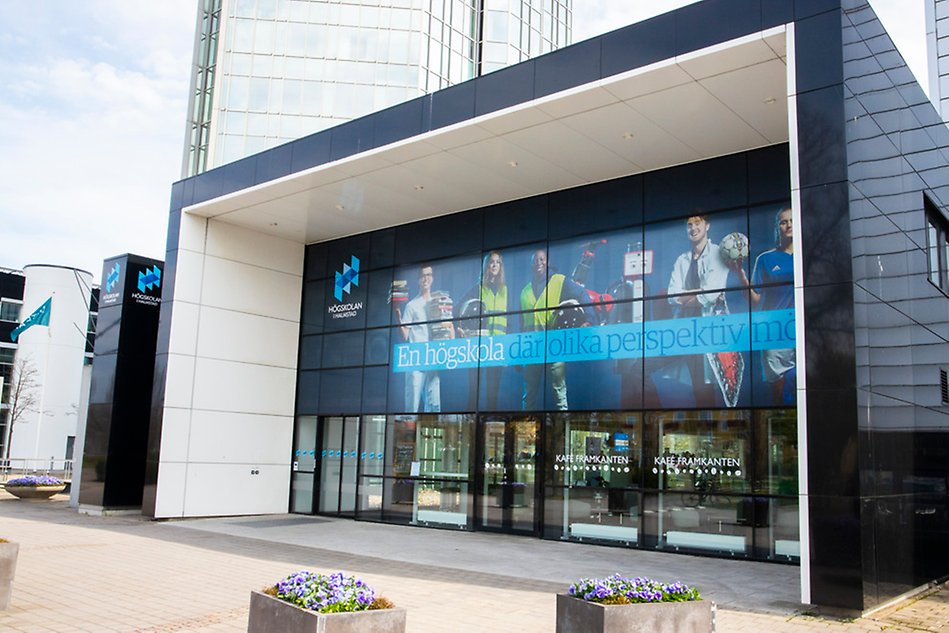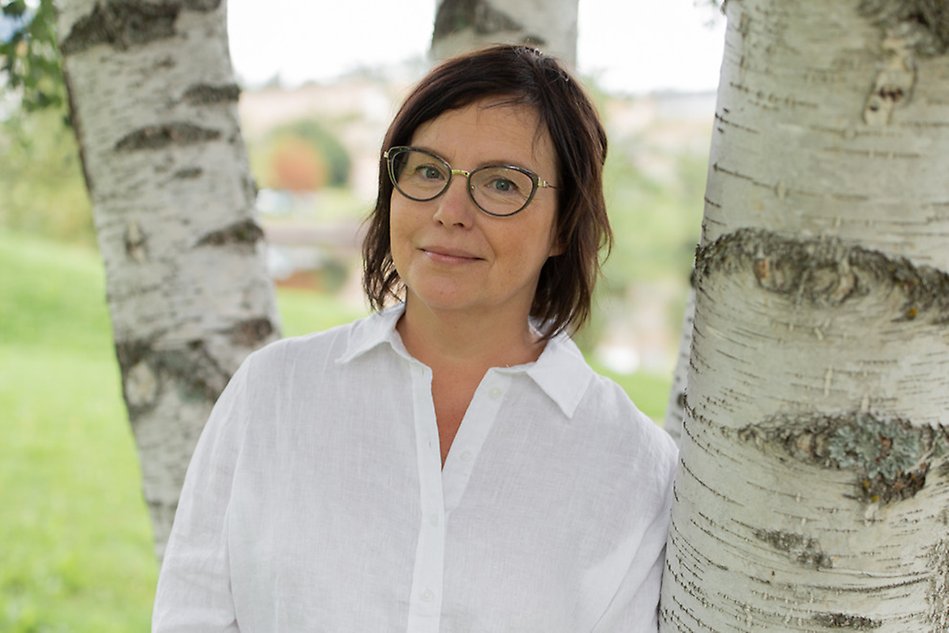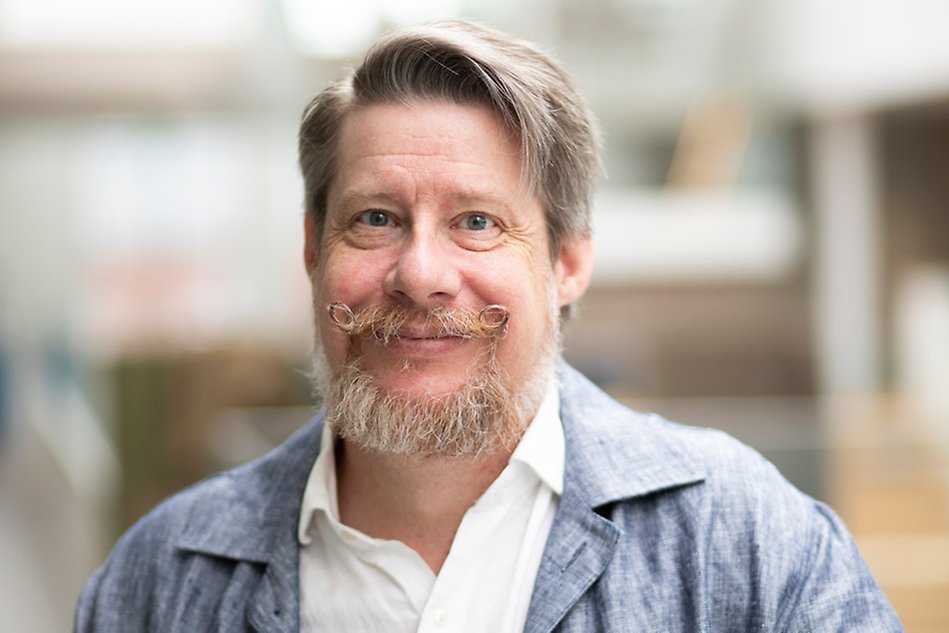New leaders for the University’s focus areas
The University’s two focus areas – Health Innovation, and Smart Cities and Communities – have new leaders. The new leader for Health Innovation is Ingeborg Nilsson, Professor of Occupational Therapy, and the new leader for Smart Cities and Communities is Kristian Widén, Professor of Innovation Science. The two focus areas gather multidisciplinary research and education, often in collaboration with the private and public sectors.
“The focus area leaders will, in close collaboration with the University’s researchers and management, drive and develop the University’s profiling as the innovation-driven university by promoting multidisciplinarity, and linking research and education to current societal challenges”,
Thorsteinn Rögnvaldsson, Deputy Vice-Chancellor with specific responsibility for research and doctoral education

“The focus area leaders will, in close collaboration with the University’s researchers and management, drive and develop the University’s profiling as the innovation-driven university by promoting multidisciplinarity, and linking research and education to current societal challenges”, says Thorsteinn Rögnvaldsson, Deputy Vice-Chancellor with specific responsibility for research and doctoral education.
Clear societal relevance and multidisciplinarity
Since the turn of the year, the focus area Health Innovation is led by Ingeborg Nilsson, Professor of Occupational Therapy, who takes over from Jens Nygren, Professor of Health Innovation. She most recently comes from Umeå University where she has been a Professor at the Department of Occupational Therapy. Her research focuses on the elderly’s activity repertoire and how activities affect health and well-being.

Focus area Health Innovation has been led by Ingeborg Nilsson, Professor of Occupational Therapy.
“I look forward to the assignment of being a focus area leader. There are so many exciting parts of research on health innovation that I am curious about. In addition to the clear societal relevance, which I think is an important motivating factor, there are many challenging parts of working with health innovations – everything from how a new idea is created to how it is developed, and the complex testing and implementation phase”, says Ingeborg Nilsson.
Ingeborg Nilsson appreciates the investment in multidisciplinarity that exists within the University’s focus areas and believes that a diversity of knowledge and perspectives is necessary to work with health innovations, as it is about developing and realising new solutions to societal challenges.
“Working together at the University by focusing on health innovation as a common effort, I think, also contributes to a sense of togetherness with collaborations and synergies. This in turn provides opportunities to develop knowledge in the field. It is incredibly interesting to be able to contribute my knowledge and experience in the continuation of the journey that the University is making”, she says.
A bridge between researchers and society
Since November of last year, the focus area Smart Cities and Communities is led by Kristian Widén, Professor of Innovation Science. He was previously the Vice Programme Director for the focus area, a role that is now taken over by Magnus Jonsson, Professor of Real-Time Computer Systems, and former programme director for the focus area. Kristian Widén researches innovations in the construction sector, primarily focusing on the spread and implementation in construction, and on the development towards smart cities.

Focus area Smart Cities and Communities is led by Kristian Widén, Professor of Innovation Science.
“Urban development is one of several keys to creating a sustainable living environment for future generations. I think it’s going to be incredibly exciting to work to make the University contribute to this. I see great opportunities for us to tackle many of the challenges that society is facing. For me, a smart city is a city that uses the tools available, such as information and communication technology and so-called living labs. These are test beds in real-world environments where you can create appreciated, sustainable, and resilient environments”, says Kristian Widén about the task, and concludes:
“As the leader of the focus area, I see my most important role as being a bridge between researchers from different research areas and between researchers and society as a whole to enable joint efforts to meet the challenges we face now, and those that will come in the future.”
Text: Christa Amnell
Photo: Dan Bergmark and Umeå University

